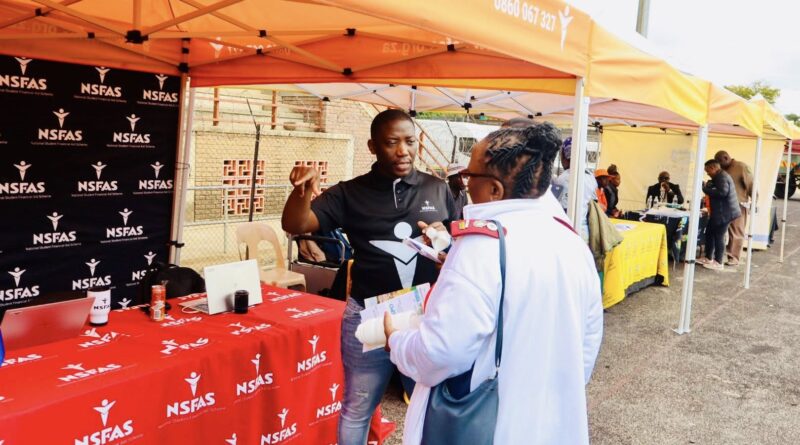Tips to Manage Your Groceries and Lifestyle on NSFAS R1700: A Student Guide to Living on a Budget
The R1700 NSFAS allowance might seem like a lifeline at first, but managing your monthly grocery and personal expense budget in South Africa as a student comes with its own hardships. With a little bit of creativity blended with a willingness to make lifestyle sacrifices, it’s doable to not just survive but also thrive without overspending.
Here’s an easy step-by-step guide on how to make it seem effortless:
Recommended Spending: R1700 NSFAS Groceries, Personal and Lifestyle Telephone Spend Limit
Let’s set expectations and start first with understanding a more realistic allocation:
Category Suggested Budget
Groceries: R1000
Toiletries: R100
Transport: R200
Airtime/Data: R100
Emergency/Savings: R100
Lifestyle/Fun: R200
Note: Lifestyle Spending Limit – Whether you live at home or at ‘res’, these values will greatly depend on your campus and lifestyle.
Grocery Surviving: The Importance of Smart Shopping to Make Your NSFAS Go Further
Your monthly allowance of R1000 might seem like a lot at first, but it wont take long to run out if you fail to avoid waste, shop wisely, and cook regularly.
Grocery List Staples:
Rice / Pasta / Maize meal – Affordable and nutritious
Potatoes and Frozen onions – Long lasting and versatile
Frozen mixed vegetables – Great value and healthy
Canned beans and pilchards – For value, they are rich in protein
Eggs – Budget friendly protein
Frozen bread – Buy in bulk, store in freezer
Peanut butter or jam – Economical spreads
Oats or Cornflakes – Long lasting breakfast option
Pro Tips:
Shop with friends or roommates to buy in bulk
Local markets and Boxer or Shoprite are cheaper stores
Make one-pot meals: Pap and beans, veggie curry with rice, or pilchards and spaghetti.
Toiletries & Essentials: Keep It Simple
You can get the essentials for R100:
Bar soap R5–R10
Toothpaste R10–R20
Roll-on R15
Toilet paper: R30 for a four-pack
Pads/tampons R20–R30
Tip: Some campus clinics and NGOs provide free pads, tampons, and condoms.
Data & Airtime: Stay Connected on a Budget
Always take advantage of free Wi-Fi on campus.
Data bundles are cheaper than airtime-to-data conversion.
Make calls via WhatsApp, Telegram, and Free Basics.
You can spend R29–R49 on a small monthly plan and keep the rest for emergencies.
Transport: Walk, Share, or Budget Rides
Use subsidized student bus services for longer distances.
Coordinate with classmates for lift clubs or split Bolt rides.
Walk or bike when close—these are free ways to stay fit.
Lifestyle: Fun on a Budget
Don’t get overwhelmed with adult responsibilities. You can have fun while saving money.
Suggestions:
Movie nights with friends in res (just need a laptop & popcorn).
Participate in free campus events or open mic nights.
Local hikes or hanging out at the park.
Bring and share game nights.
Set aside R200 a month to treat yourself to fast food, second-hand clothes, or a residence hall outing and spend the rest.
Emergency Fund: That Extra R100
Things go missing, like a student card, or unexpected things come up, like a suddenly timed gathering for a group project, or medication.
You can start putting away R100 a month. If it happens to not be needed at the end of the month, consider using it to buy groceries in the upcoming month or rolling it over.
Bonus Suggestions to Make the Most of Your NSFAS Allowance
To cut down on spending, try meal prepping on Sundays for the whole week.
Offer to help out your friend in exchange for a meal or a tutoring session.
If possible, try to sign up for a campus food scheme or a community garden.
Do not give in to the pressure of influencer culture.
Most of your friends are also struggling, so be honest with them.
Final thoughts
While not glamorous, living off of R1700 from NSFAS does require some discipline and a good community. You can learn valuable skills like budgeting, cooking, and prioritizing.
As a reminder, this situation is temporary. Your focus should be on surviving smartly now so that you can thrive later.
